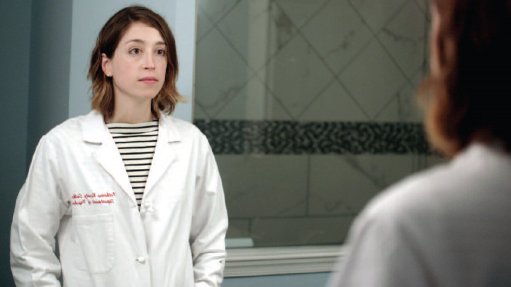
Historically, when children with atypical sex characteristics were born in the United States, the people around them—parents and doctors—made their best guess and assigned the child a sex. Parents then reared them per social gender norms. Sometimes these people—intersex people—experienced harassment and discrimination as a result of their atypical traits. But many lived well-adjusted lives as adults. During the 1960s, however, based largely on the unproven recommendations of a single prominent psychologist, medical norms in the US changed dramatically. Doctors began recommending surgical solutions to the supposed “problem” of intersex traits—internal sex organs, genitalia, or gonads that do not match typical definitions of male and female. This medical paradigm remains the status quo nearly everywhere in the world today.
Defaulting to surgery resulted in stigmatization, confusion, and fear. In some cases, doctors advised parents to conceal the diagnosis and treatment from the child, instilling feelings of shame in parents and children both. And as a result, many in an entire generation of intersex people did not learn about their conditions until they saw their medical files as adults—sometimes as late as in their 50s.
Over time and with support and pressure from advocates, some medical norms have evolved. Today, intersex children and their families often consult a team of specialists, and not just a surgeon. The medical community has changed its approach to intersex cases—which doctors often categorize as “Differences of Sex Development” or “DSD”—by establishing “DSD teams.” These teams convene multiple healthcare specialists, including mental health providers, to advise on and treat intersex patients. Disclosure of a child’s intersex traits to the child is widely recommended. During this evolution in care, cosmetic surgeries on intersex children’s genitals have become highly controversial within the medical community. However, while the establishment of “DSD teams” has been perhaps the most significant evolution in care and has changed practices considerably, it has not addressed the fundamental human rights issues at stake.
Report by the Human Rights Watch